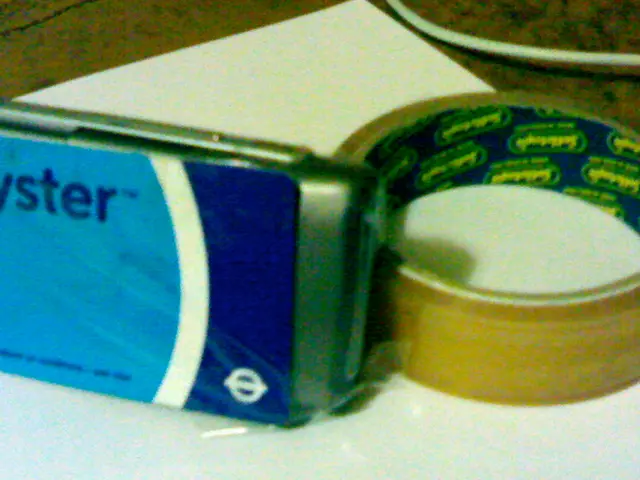Misleading Energy Claims in Sports Drinks: A Closer Look at Deceptive Advertisements
Booming Fitness Drink Market Sparks Debate on Necessity and Benefits
Munich, Germany - The market for fitness drinks marketed with added electrolytes, minerals, and vitamins has seen a surge in popularity. Commonly referred to as hydration drinks, they promise to provide not only essential fluids but also reinforce performance and energy levels. However, nutritionist Sabine Schuster-Woldan from the Bavarian Consumer Center questions their necessity.
Schuster-Woldan asserts that people maintaining a balanced diet and engaging in moderate exercise may not require these additional drinks. The human body naturally absorbs sufficient electrolytes, such as sodium, potassium, and magnesium, from common sources like fruits, vegetables, nuts, and lean proteins. Additionally, many trendy and costly fitness drinks contain sugar, artificial sweeteners, and unnecessary additives like artificial flavors and colors.
While some popular ingredients like caffeine and plant extracts may not offer proven health benefits, the role of electrolytes in performance cannot be overlooked. Long-duration or intense physical activities can lead to substantial fluid and electrolyte loss, compromising muscle function, nerve signaling, fluid balance, and preventing cramps and fatigue. Replenishing these essential minerals whenever necessary can help to sustain performance, delay fatigue, and maintain focus.
Schuster-Woldan recommends brewing a homemade post-workout drink with water to replenish lost fluids, a pinch of salt for sodium, and a squeeze of lemon for taste, potassium, and vitamin C. For an energy boost, a spoonful of honey may be added.
This balanced approach ensures that the body remains adequately hydrated and electrolyte-rich, catering to the needs of everyday exercise and physical activities lasting less than an hour. On the other hand, athletes participating in prolonged, intense exercise, training, or competitions may benefit from electrolyte-enhanced sports or fitness drinks. Strategic electrolyte supplementation can help optimize hydration, energy levels, and recovery, contributing to better performance and long-term athletic health.
In summary, while electrolyte-enriched fitness drinks can enhance performance under specific conditions, a balanced diet and natural hydration provide sufficient hydration and mineral replacement for most people.
- Sabine Schuster-Woldan from the Bavarian Consumer Center emphasizes that a balanced diet and moderate exercise may be enough to meet the body's electrolyte needs, reducing the necessity for fitness drinks.
- These fitness drinks often contain sugar, artificial sweeteners, and unnecessary additives like artificial flavors and colors, according to Schuster-Woldan.
- Electrolytes play a crucial role in performance, as their depletion during long-duration or intense physical activities can impair various physiological functions and lead to fatigue.
- A homemade post-workout drink was proposed by Schuster-Woldan, consisting of water, a pinch of salt for sodium, a squeeze of lemon for taste, potassium, and vitamin C, and a spoonful of honey for an energy boost, providing an alternative to commercial fitness drinks.






